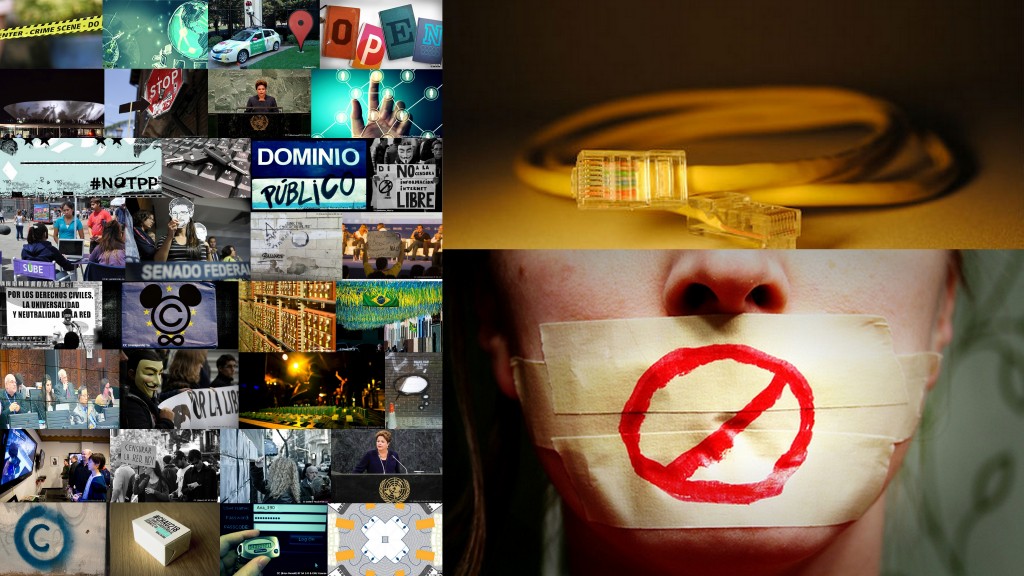[2013 Assessment] Freedom of speech in Argentina
by Digital Rights LAC on January 28, 2014
At Digital Rights LAC we wanted to ask different specialists in the region about their personal appraisals on digital rights issues. This is the case of Eleonora Rabonovich from Argentina. We asked her about what were the main legislative human rights advancements and setbacks concerning the internet in Argentina throughout 2013. Here is her reply.
Throughout 2013, certain key bills were discussed for regulating the internet, and these discussions had various results. I would like to focus on three issues.
First, ignoring the previous discussion in the House of Representatives, the Senate sanctioned a grooming law that squandered away all prior contributions from different sectors. The final result was a highly problematic norm containing vague and ambiguous criminal charges, an unproportionate range of penalties and an imprecise definition of what constitutes legal age.
Second, throughout the year a parliamentary discussion on a norm concerning liability of intermediaries was also discussed. This is a particularly relevant issue in the country because of the number of lawsuits questioning the liability of intermediaries for contents developed by third parties. The main strengths of the bill included conditional immunity and legal intervention prior to any content removal. Even though there was room for improvement, the bill was a step forward compared to previous versions. However, upon consultation, no new advancements were identified.
Lastly, the Senate discussed the issue of internet neutrality, after the submission of several bills that had been reviewed by different sectors and specialists; however, there were no legislative advancements on the issue. Meanwhile, controversial norms, i.e. Presidential Decree 681/2013 and Communicaitons Secretariat Resolution 5/2013, were sanctioned in anticipation of the parliamentary debate and included an article on neutrality. Although the establishment of clear rules on the issue is desireable, it is up to Congress to sanction a law with sufficient prior debate to guarantee certainty and legitimacy.
These are some of the challanges facing 2014.






